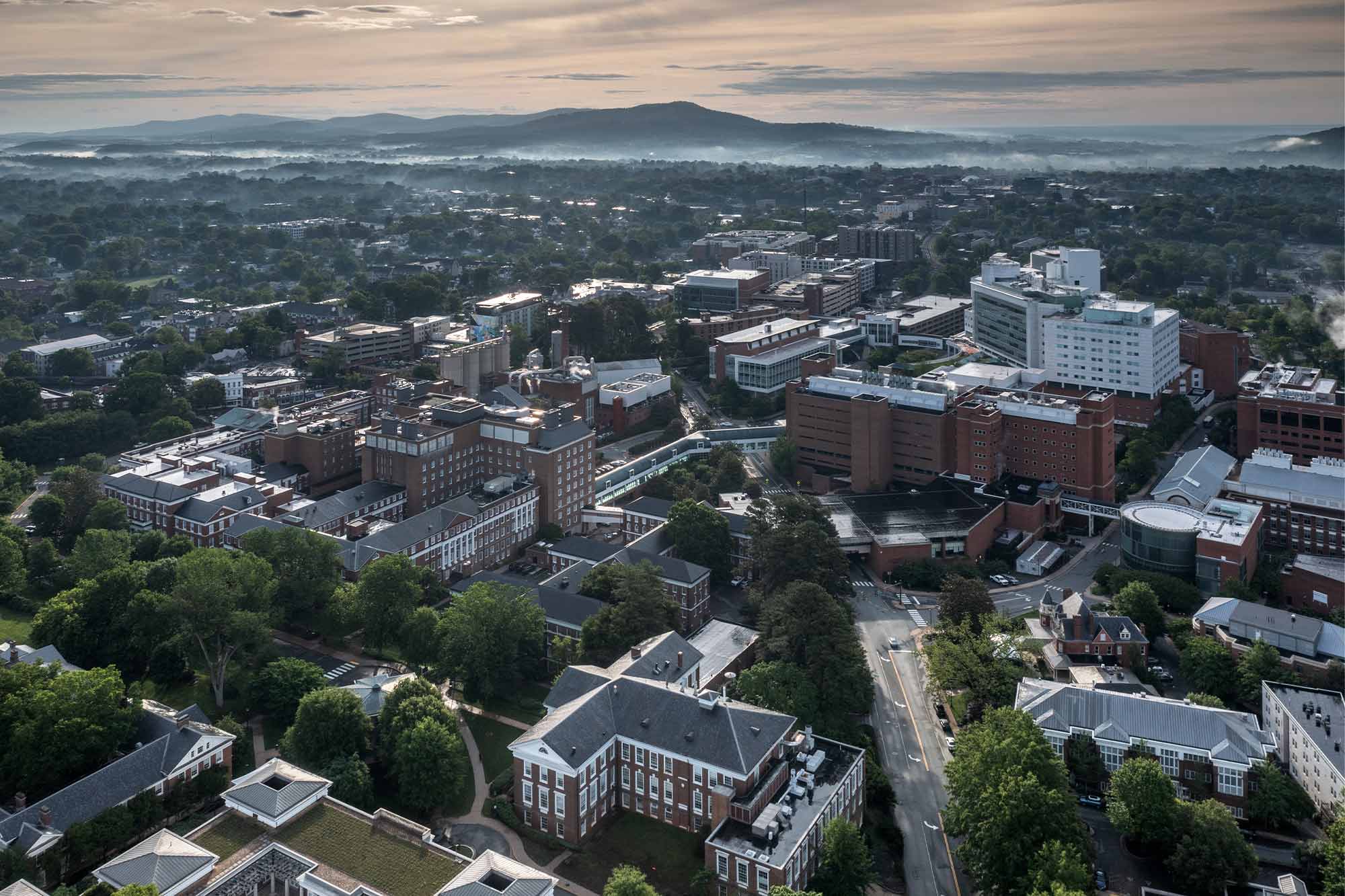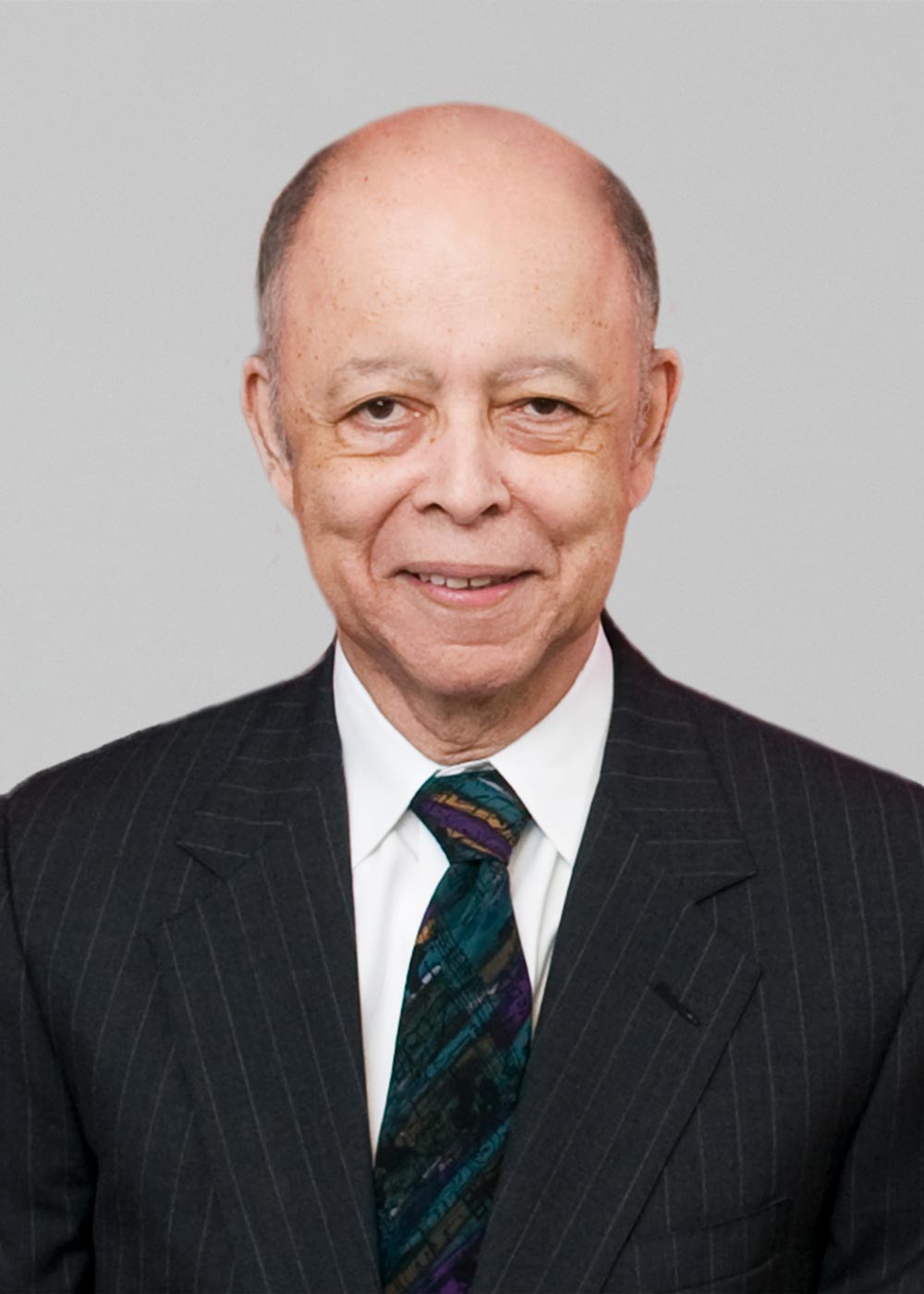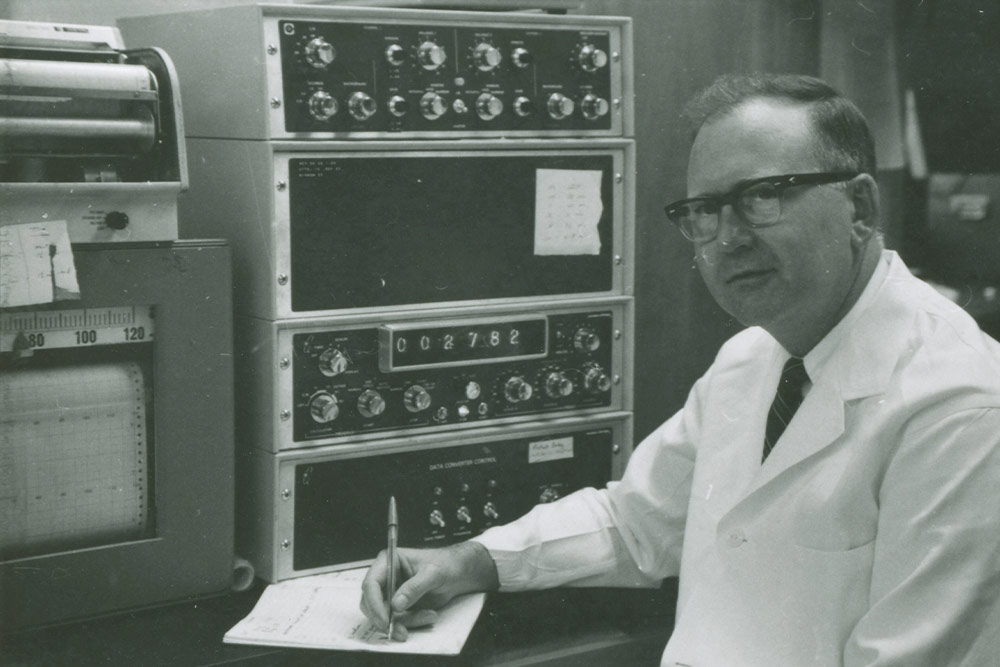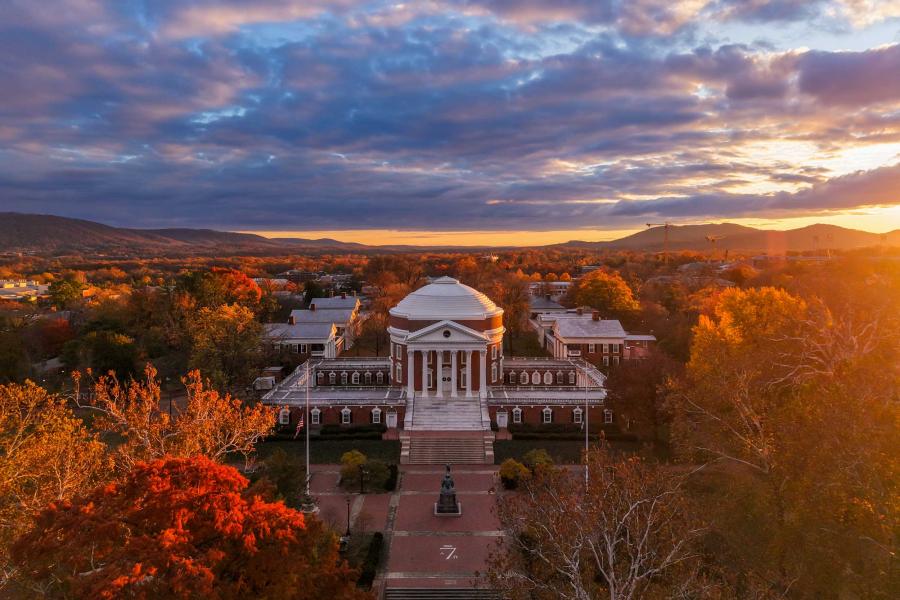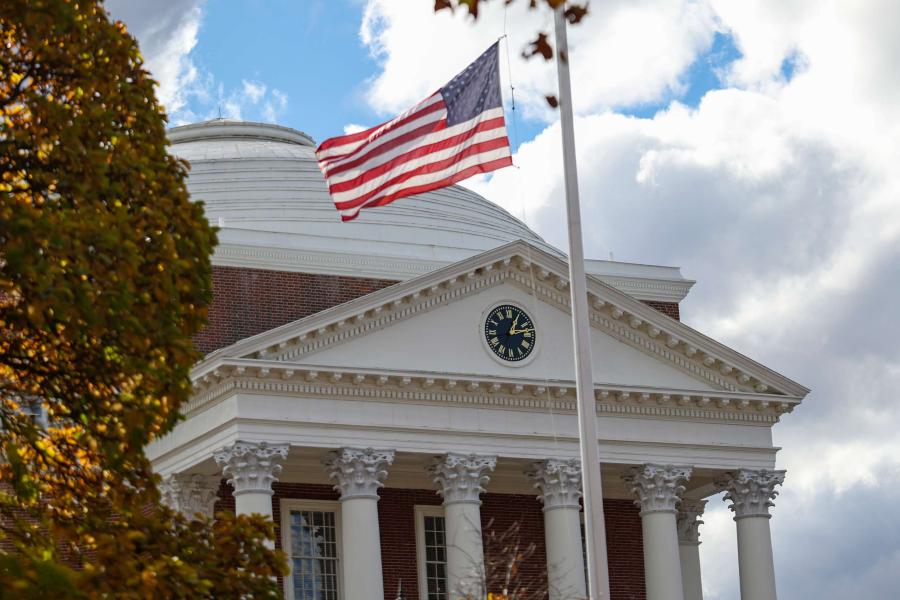The University of Virginia lost two trailblazing cardiologists in recent weeks: Dr. Carlos R. Ayers, who was an early proponent of preventive measures to avoid heart disease, died July 26; and Dr. Lawrence R. Burwell, who pioneered the use of coronary balloon angioplasty at the UVA Medical Center, died July 28.
Dr. George Beller, who retired as the head of cardiovascular medicine in 2004, said when he came to UVA Health in 1977, Ayers and Burwell were two of only six physicians in the specialty of cardiology. They contributed greatly to enhancing and expanding it to become the Center for Hearth & Vascular Care that it is today, with 50 cardiologists and surgeons in a range of subspecialties.
“Both were pioneers in their fields and were instrumental in propelling our cardiology program and the field of cardiology in our state into a new era,” Beller said.
Both men were born in West Virginia, though worlds apart.
Ayers grew up on a farm with no electricity and ended up coming to UVA’s School of Medicine for a fellowship in cardiovascular medicine. In 1963-64, he served as the school’s chief resident in internal medicine before shifting to the budding cardiology program.
